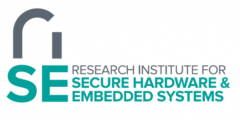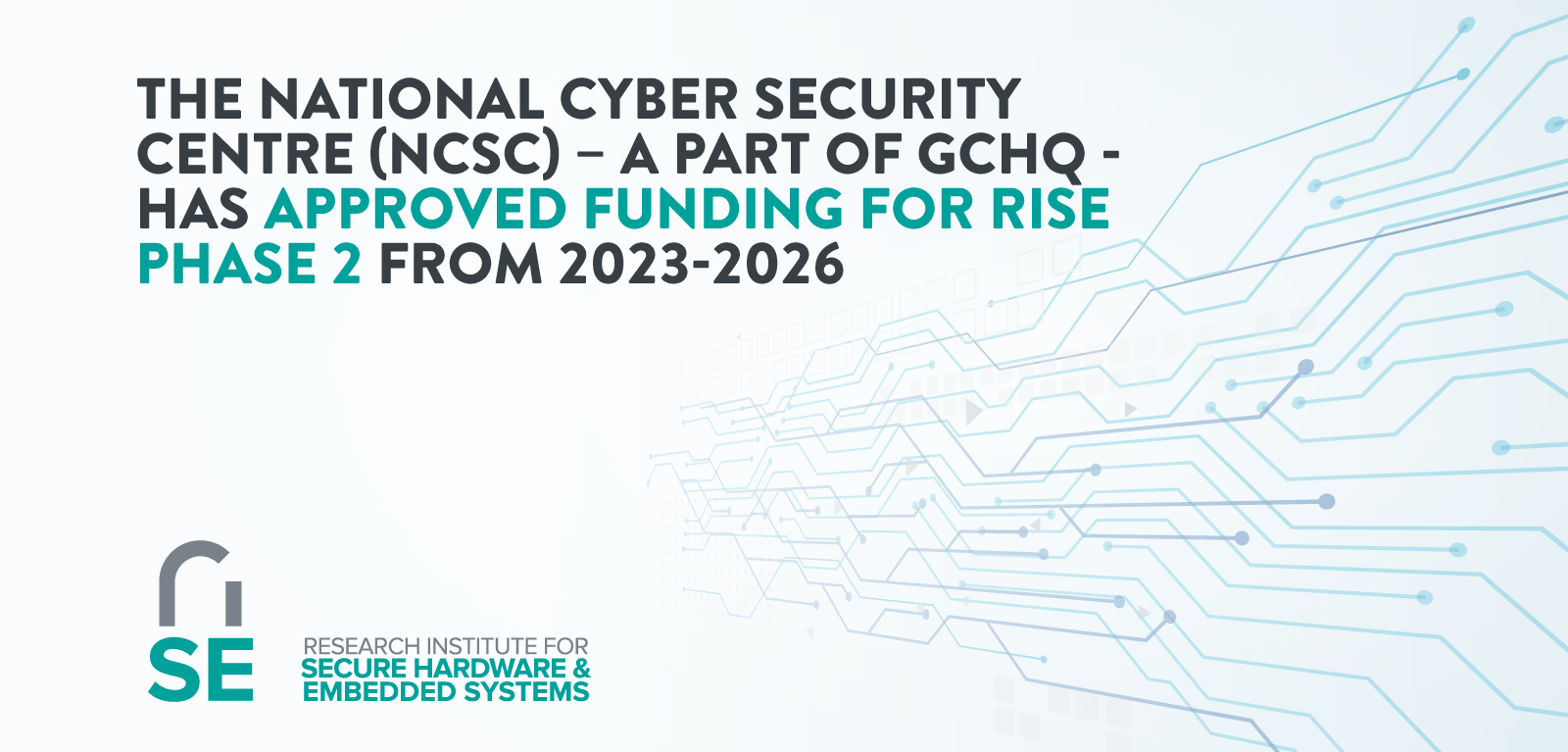Birmingham, UK – July 31, 2024 – Today, at the RISE Annual Summer School held at the University of Birmingham, a significant report titled “Security in the Era of Global Semiconductor Initiatives” was launched.
The report outlines a strategic overview of the current challenges and emergent opportunities in semiconductor security, spurred by the insights from a workshop on Security in the Era of Global Semiconductor Initiatives, which was held in November 2023 in Washington DC, co-chaired by Professor Maire O’Neill, Queen’s University Belfast and Professor Mark Tehranipoor, University of Florida.
The report, available here, provides an in-depth analysis of the semiconductor sector, covering key areas such as technological innovations, challenges and opportunities, policy frameworks, and global market trends. It serves as an essential resource for industry professionals, policymakers, researchers, and investors seeking to understand and navigate the rapidly evolving semiconductor landscape.
Key Highlights of the Report:
- Technological Innovations: Insight into cutting-edge semiconductor technologies driving the next generation of electronic devices.
- Challenges and Opportunities: Analysis of the current challenges and opportunities within the global semiconductor supply chain.
- Policy Frameworks: Examination of government policies and their impact on the semiconductor industry across different regions.
- Market Trends: Comprehensive overview of global market trends and their implications for future growth.
The launch event at the University of Birmingham brought together thought leaders, industry experts, and academic researchers to discuss the findings of the report and explore collaborative opportunities to advance the semiconductor field. The RISE Annual Summer School, renowned for fostering innovation and knowledge exchange, provided the perfect platform for this significant announcement.
Professor Máire O’Neill, Director of RISE, stated, “The semiconductor industry is at the heart of modern technology, influencing everything from consumer electronics to advanced computing. This report is a testament to the collaborative efforts of researchers, key government stakeholders and industry leaders from the US and UK. It provides a roadmap for future research, innovation, and growth, ensuring that we stay at the forefront of this critical sector.”
The report highlights the importance of international cooperation and strategic investments in research and development to address the current challenges and future demands of the semiconductor industry.
For more information about the “Security in the Era of Global Semiconductor Initiatives” report or to download a copy, please visit UK RISE.
About RISE: The Research Institute for Secure Hardware and Embedded Systems (RISE), which is hosted at the Centre for Secure Information Technologies (CSIT), Queen’s University Belfast, seeks to identify and address key issues that underpin our understanding of Hardware Security. Funded since 2017 by the Engineering and Physical Sciences Research Council (EPSRC) and the National Cyber Security Centre (NCSC), RISE is one of four cyber security institutes in the UK and aims to be a global hub for research and innovation in hardware security.
Contact: Helen Lappin, Marketing Executive, RISE, Email: h.lappin@qub.ac.uk
For further details and to stay updated on future events and publications, follow RISE on social media:
- X: @UK_RISE
- LinkedIn: UK RISE




